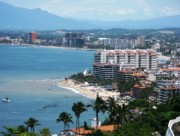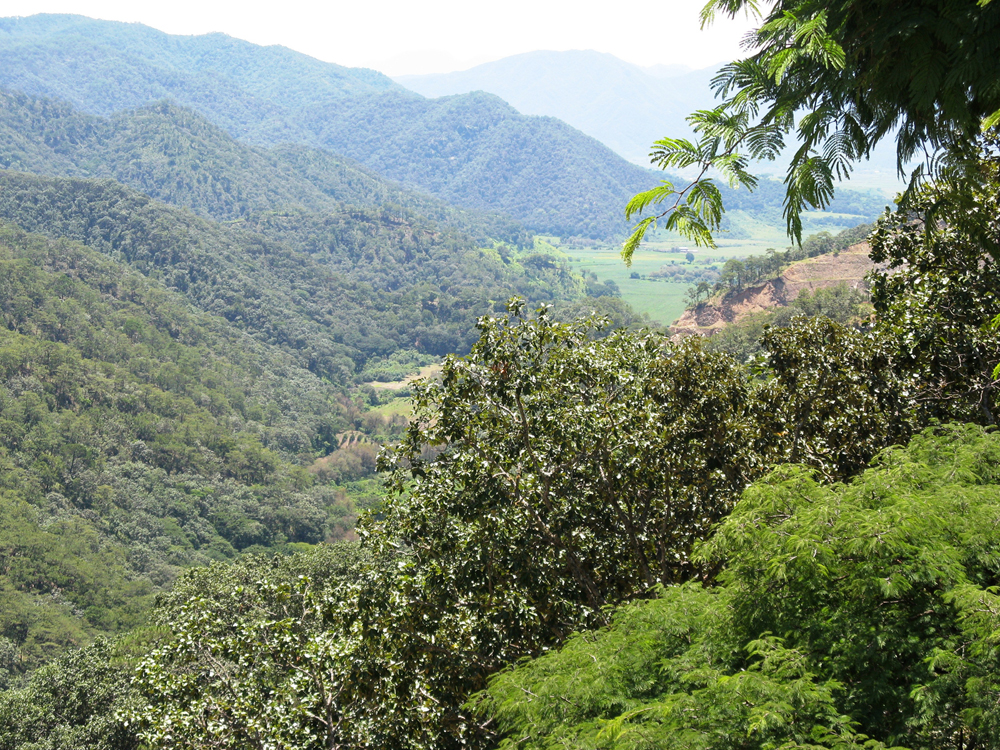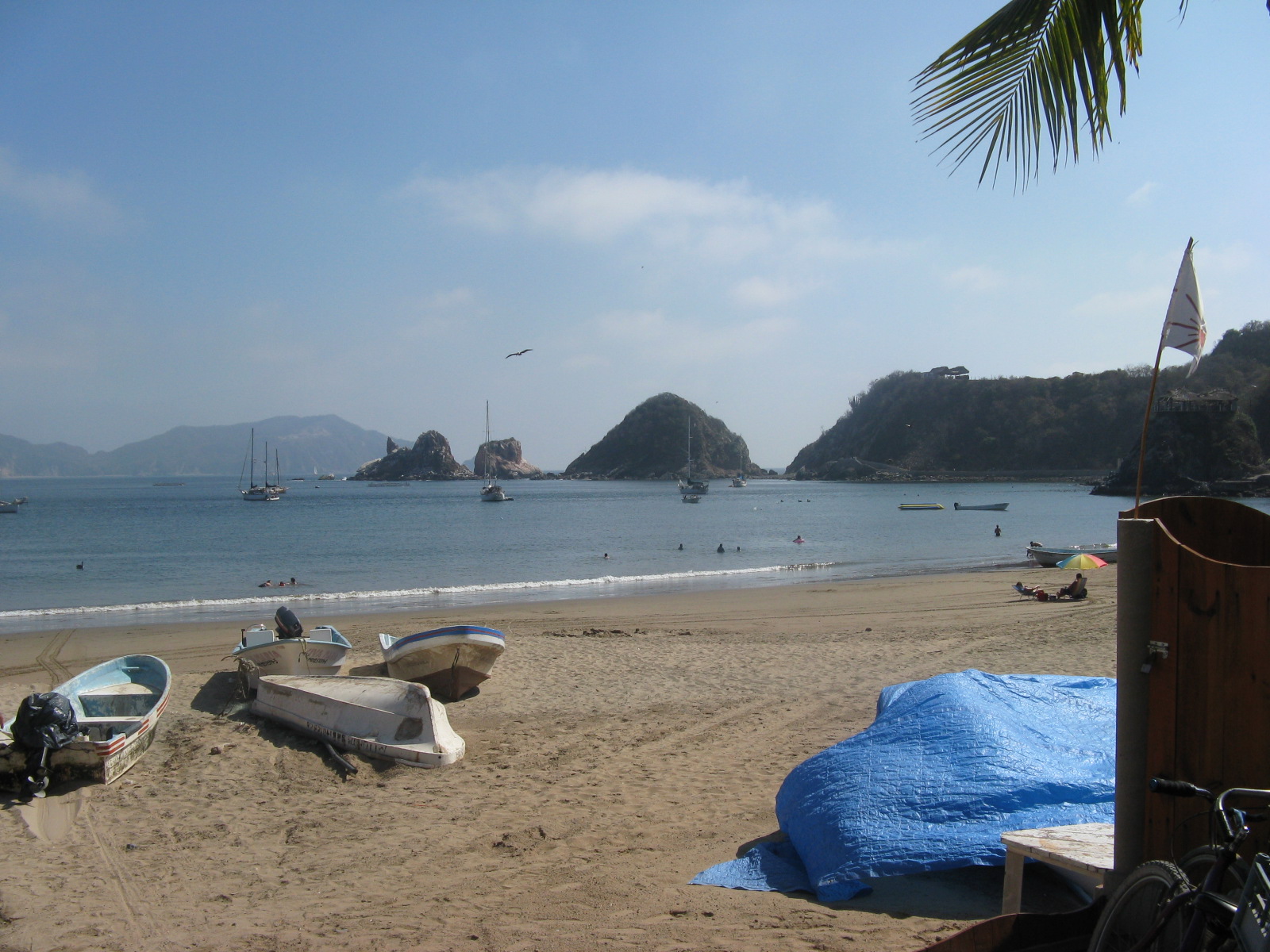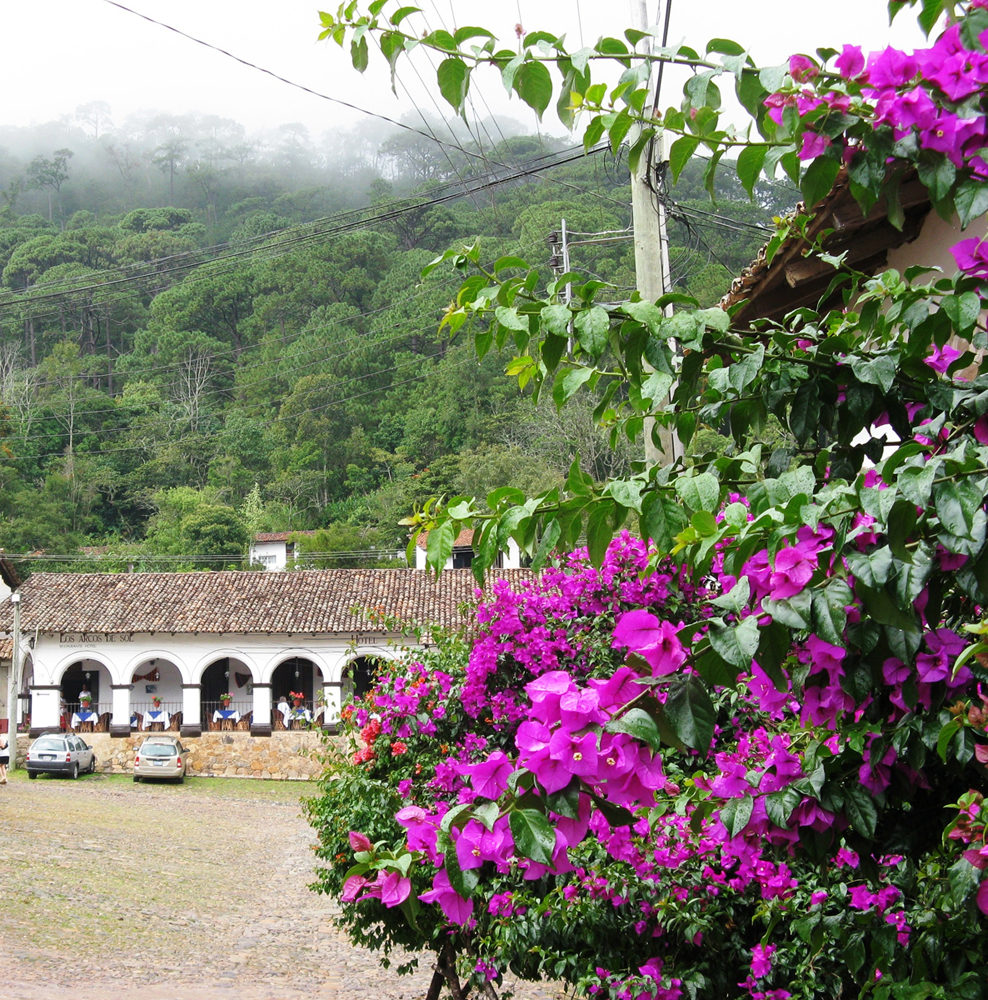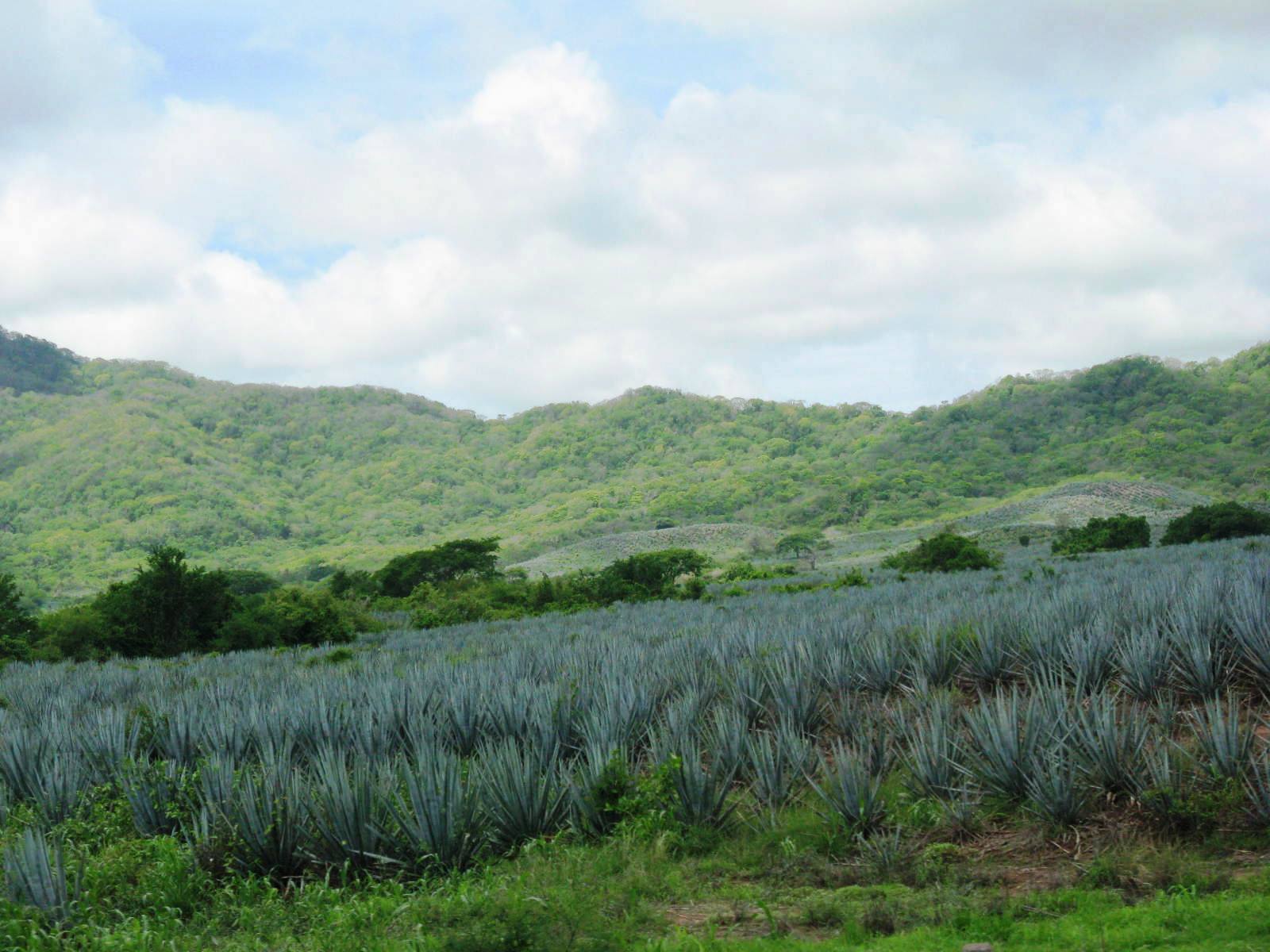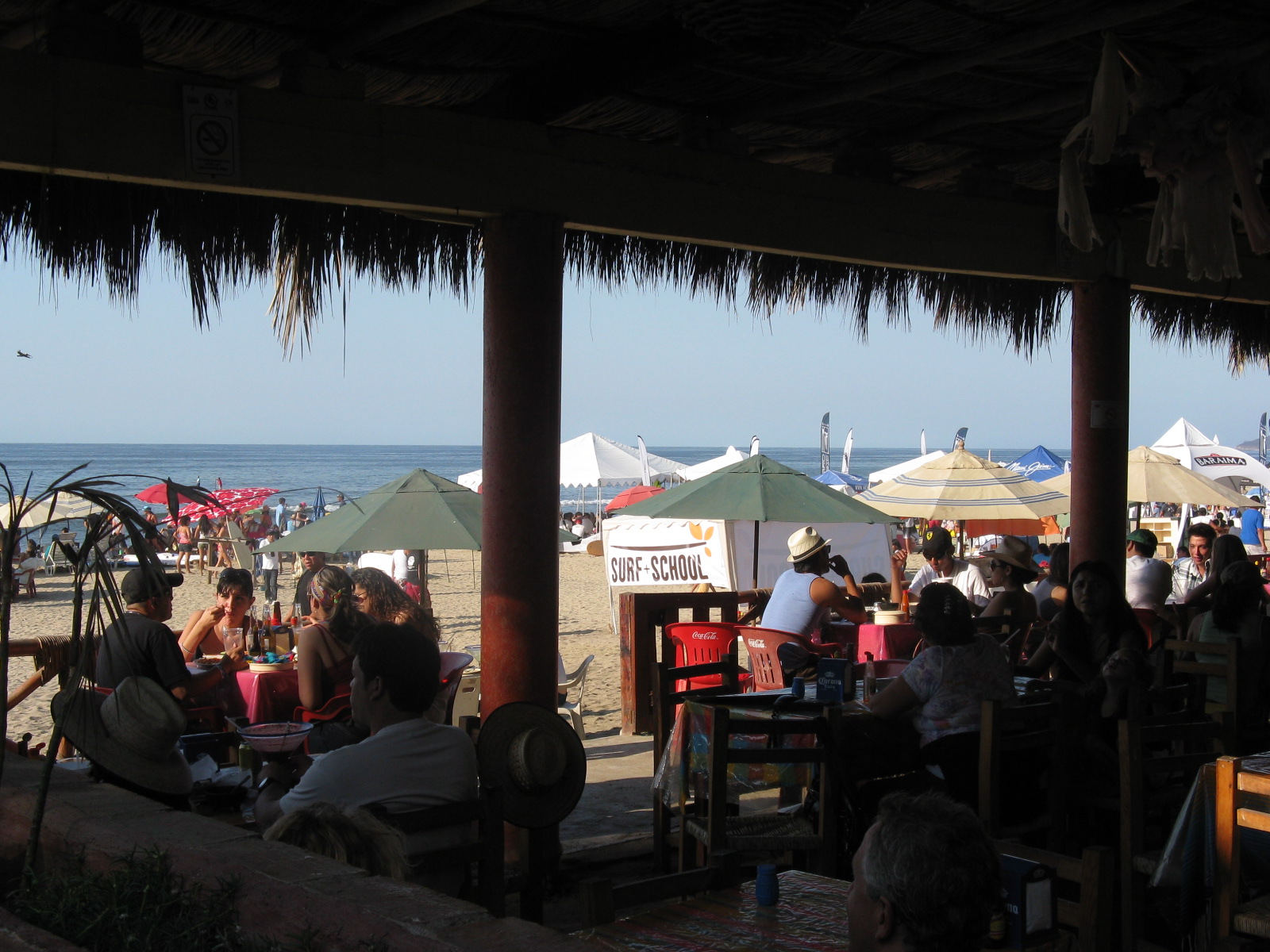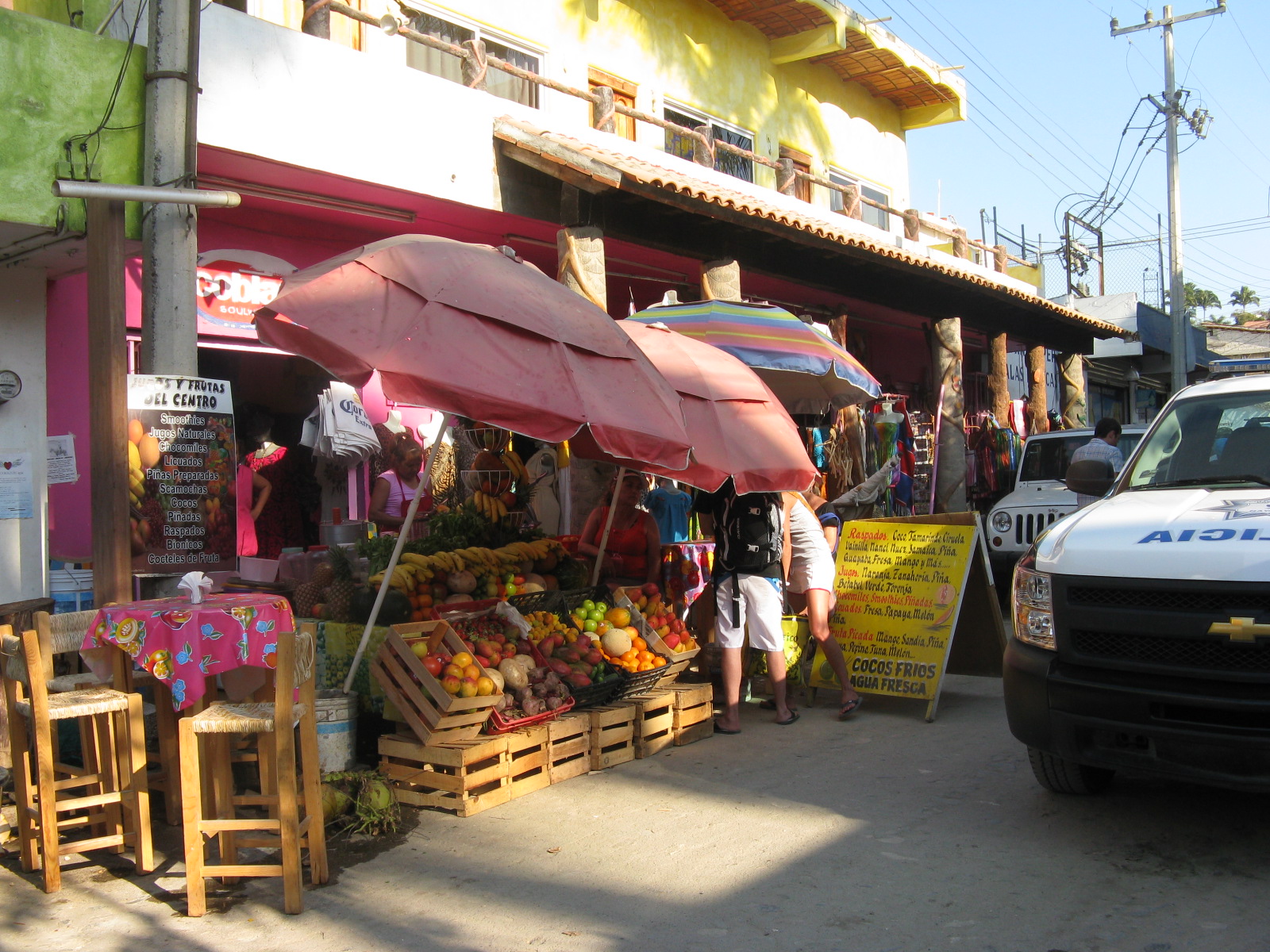Mexico must invest more in disaster risk prevention to support sustainable development
11/06/2013 – Mexico regularly faces a wide range of natural hazards, including earthquakes, tropical storms and floods. Over the years, the National Civil Protection System has improved its institutional and operational preparedness to manage these disruptive events, in partnership with federal states and municipal stakeholders. But more can be done to avoid future losses and at the same time support sustainable economic development.
The OECD review of the Mexican National Civil Protection System outlines improvements in civil protection policies since the 1985 Michoacan earthquake. Extreme events continue to disrupt economic activities but now result in relatively few human casualties. Mexico benefits from better coordination of emergency preparedness and response, effective collaboration with the scientific community and early warning systems, such as the Seismic Alert System for Mexico City, which offered a signal 40 seconds in advance before the arrival of the seismic wave to the city during March 2012 earthquake. The Fund for Natural Disasters (FONDEN) and the federal prevention fund (FOPREDEN), which together represent 0.4 % of the federation annual budget, are part of a world-class innovative financial infrastructure. A system of catastrophic bonds helps to protect against the huge economic costs of major natural catastrophes, partially offsetting the gaps in the domestic insurance market.
Disasters preceded by earthquakes, storms, floods and other natural hazards in Mexico (1970-2011)
Economic Losses
Number of deaths
Source: International Disaster Database, Center for Research on the Epidemiology of Disasters (CRED EM-DAT), Université catholique de Louvain, Brussels, Belgium, www.emdat.be/database, accessed on 22 August 2012.
But Mexico needs to do more to reduce future disasters, to place prevention on a par with emergency response and move towards integrated risk management that focuses on prevention to reduce future disaster losses. “Improper land use and territorial and urban planning contribute heavily to the vulnerability of Mexico’s population and economy. These issues need to be tackled in the context of a prevention strategy contributing to sustainable long-term economic development”, said OECD Deputy Secretary-General Yves Leterme.
The time is ripe for Mexico to drive this change at all levels of government, leveraging the opportunities of the 2012 General Law for Civil Protection. This calls for implementing disaster risk reduction measures, such as land use prescriptions, sustainable urban development plans and investment in risk mitigation infrastructure. New risk atlases can be developed to inform land use plans. The challenge is develop a risk based approach which does not curb new investments but does encourage long term value.
Mexico can also reap the benefits from active international engagement on civil protection on its Northern and Southern borders. Its technical competence and scientific knowledge could be leveraged to develop civil protection capacity throughout Latin America.
For further information, please contact ; Stephane Jacobzone at stephane.jacobzone@oecd.org, Charles Baubion charles.baubion@oecd.org and Jack Radisch at jack.radisch@oecd.org.
<!–
–>
Also Available
- México debe incrementar su inversion en la prevención del riesgo de desatres para así apoyar su desarrollo sustentable
Article source: http://www.oecd.org/mexico/mexicomustinvestmoreindisasterriskpreventiontosupportsustainabledevelopment.htm




